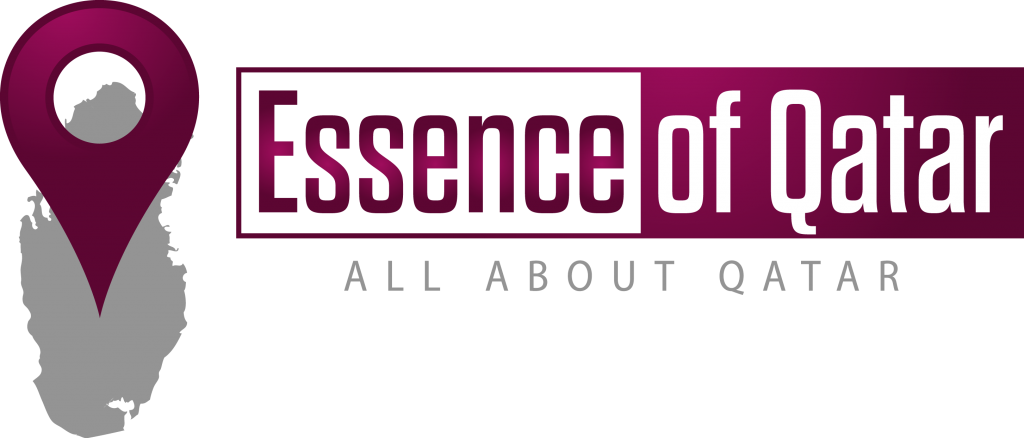QNA
Doha: Hamad Medical Corporation (HMC) warned Monday against excessive use of supplements without medical consultation, saying it could have dangerous side effects.
HMC said that with the spread of the Coronavirus (COVID-19) saw a surge in promoting supplements on social media sites as an effective treatment and prevention method against the virus, which prompted some residents to rush to local pharmacies and stores to purchase Vitamin C and D, Zinc, and other supplements.
Consultant, Family Medicine at HMC Dr. Hassan Mohamed Hassan Saqr said that excessive intake of supplements could have adverse effects, some of which can be dangerous and have serious health risks. He added that it is important for people to get advice from their doctor before taking vitamin and mineral supplements, especially if they are taking medications for chronic health conditions.
“Vitamins and minerals play an important role in strengthening the body’s immune system, but the use of medicines and vitamins to treat or prevent a specific illness or disease must be based on scientific research that confirms their effectiveness. There is no evidence to support claims that certain vitamins or minerals can prevent or treat the new coronavirus. The use of these supplements, without your doctors approval, can lead to serious unintended consequences, particularly for individuals with health conditions. As an example, suddenly increasing your intake of Vitamin K can have serious consequences for people taking certain blood-thinning medications as it can alter the metabolism of these medications, and toxic levels of Vitamin A during pregnancy may lead to birth defects,” he said.
Vitamin C has been studied for many years as a possible treatment for the common cold and sessional flu, and while some media outlets have reported a link between Vitamin D deficiency and COVID-19 severity and mortality, Dr. Saqr says there is no evidence that either of these vitamins can prevent or treat COVID-19.
“Medical experts have found little to no benefit from Vitamin C for preventing or treating the common cold or sessional flu, and there is no evidence that this vitamin prevents or treats COVID-19. Taking excessive doses of Vitamin C can, however, cause a variety of side effects, including nausea, diarrhea, and even kidney stones,” he said.
He also said that research on Vitamin D deficiency and COVID-19 was too limited to be considered accurate, adding that it would be premature to make any recommendations based on the limited studies conducted. He highlighted that there are serious side effects to long-term or excessive use of Vitamin D supplements, including hypercalcemia, which is an excess of calcium in the blood. Having too much calcium in the blood can lead to a wide range of complications and symptoms, including an irregular heartbeat.
Zinc has also gained popularity as a potential COVID-19 treatment, and Dr. Saqr said that the mineral, while essential for immune system function and is important for wound healing and supporting normal growth and development, is not yet proven as an effective prevention or treatment for COVID-19.
“It is always important to talk to your healthcare provider before starting a new vitamin or mineral supplement, especially if you are taking medication or have a health condition. Most people can get all the vitamins and minerals they need through eating a healthy, balanced diet that contains protein, fruits, and vegetables. Eating a healthy diet, along with getting enough sleep and physical activity, and adhering to social distancing and other infection prevention measures, is a much better path towards COVID-19 immunity than is taking vitamin and mineral supplements,” he said.





